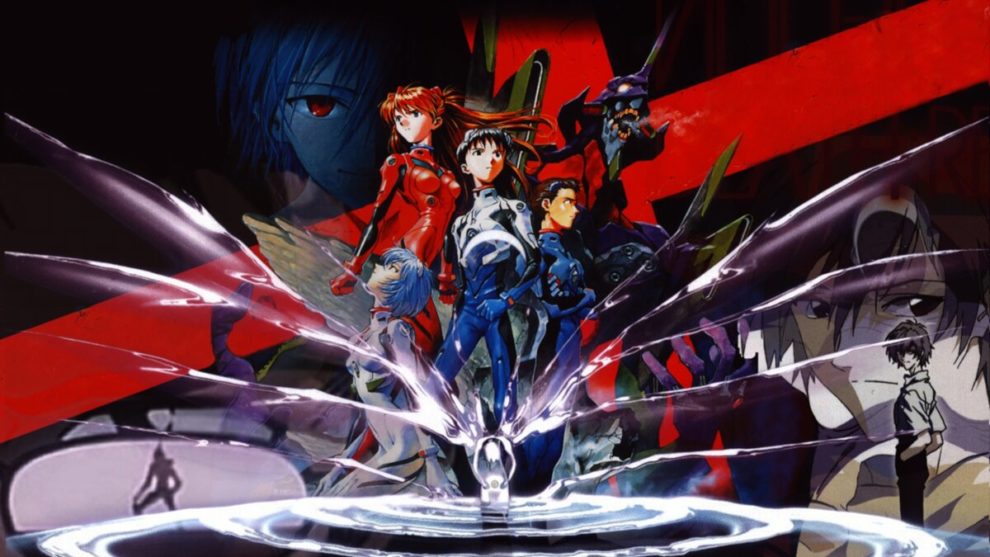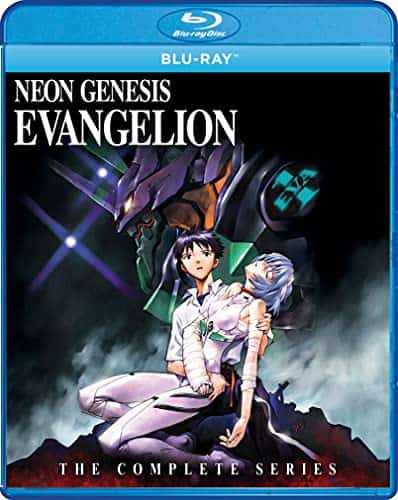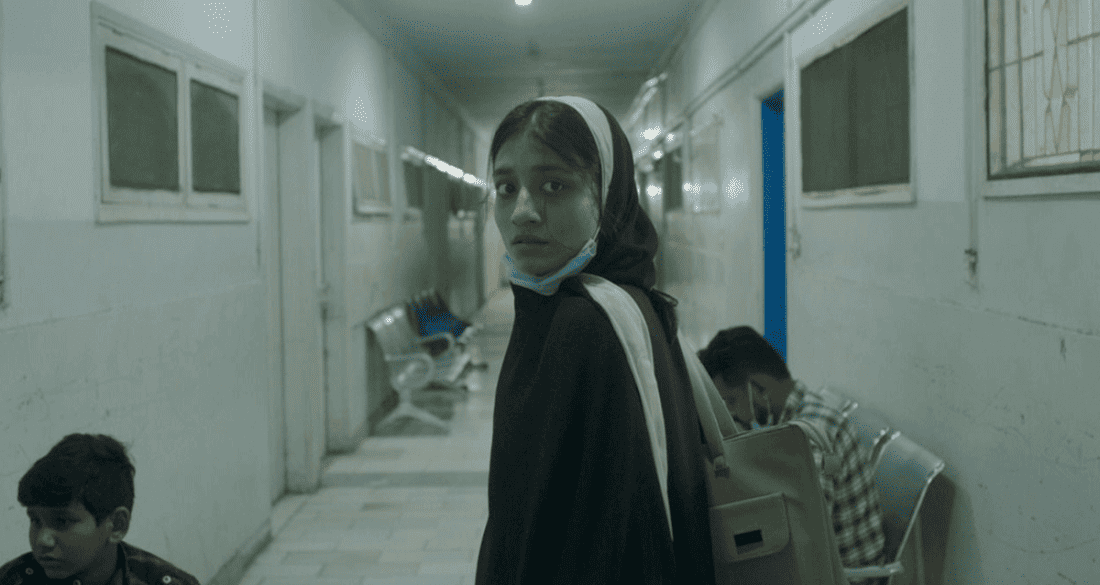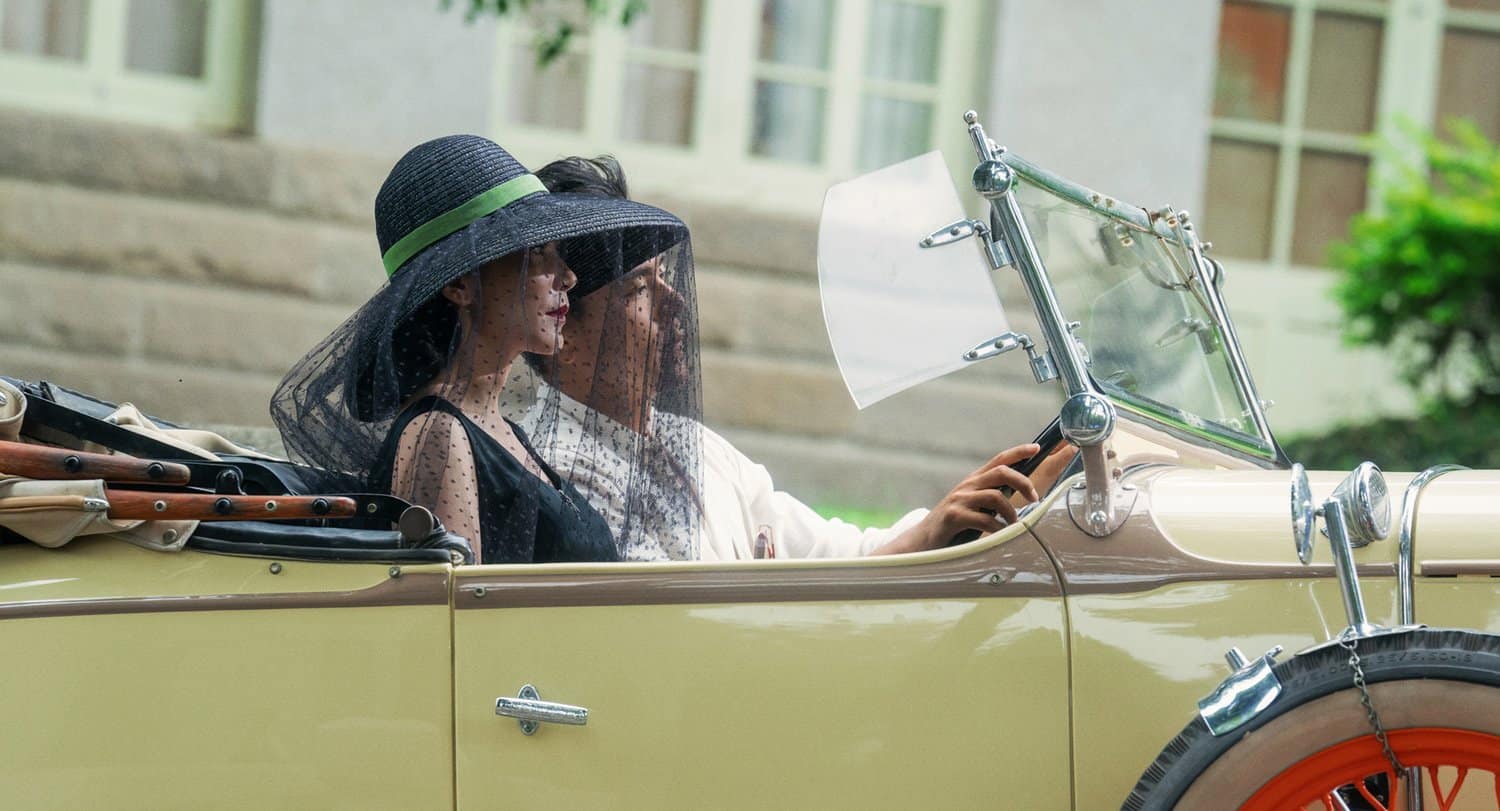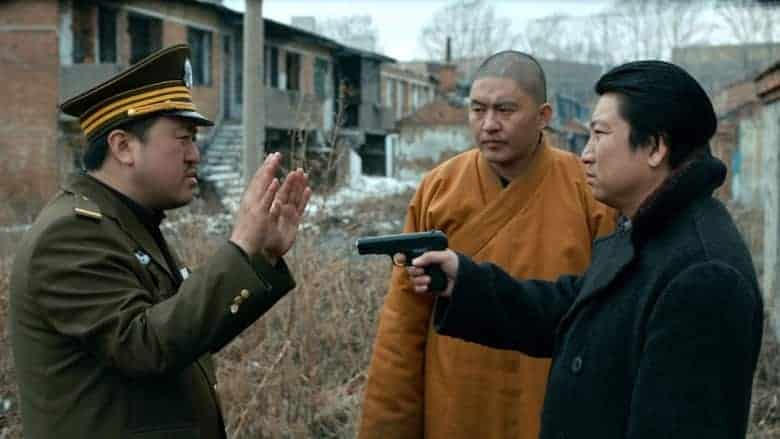Allow me to start with a very personal comment. Back in 1998, if I remember correctly, I borrowed the credit card from the father of a classmate, in order to buy from Amazon the VHS of Evangelion (just the first 4 episodes btw), a title which has caught my attention through an article in a video game magazine (yes, there was a time when people watched VHS and read magazines). And that was it, just from the first episode, my mind was completely blown, even though, as I understood much later on, I did not fathom even half the comments Anno was making in his series. It would take some years before I managed to acquire the whole series (in DVD this time) and a third viewing to truly realize the depth and the overall quality of this magnificent title. The thoughts included in the following review have resulted from the fourth viewing (of the whole series, the first four episodes I must have seen more than 50 times), which occurred a few days ago, as the anime is now streaming on Netflix.
Buy This Title
For those who do not know of the main story yet, (shame on you btw) “Evangelion” is set fifteen years after a worldwide cataclysm, particularly in the futuristic fortified city of Tokyo-3. The protagonist is Shinji Ikari, a teenage boy who was recruited by his father Gendo to the shadowy organization Nerv to pilot a giant bio-machine mecha named “Evangelion” into combat against beings called “Angels”. The series explores the experiences and emotions of Evangelion pilots and members of Nerv as they try to prevent Angels from causing more cataclysms. In the process, they are called upon to understand the ultimate causes of events and the motives for human action.
Despite the cliched beginning, with the school boy that becomes a hero against his will, “Evangelion” is actually one of the richest, contextually, titles ever to appear in the anime industry, with the beginning even, hinting at how special it is, both through the montage that actually presents the initial battle as a flashback, and through Shinji's psychology, as dictated by the strained relationship with his estranged father, and his empathy for the injured Rei, which his father seems to exploit in the most despicable way to convince him to do his deed.
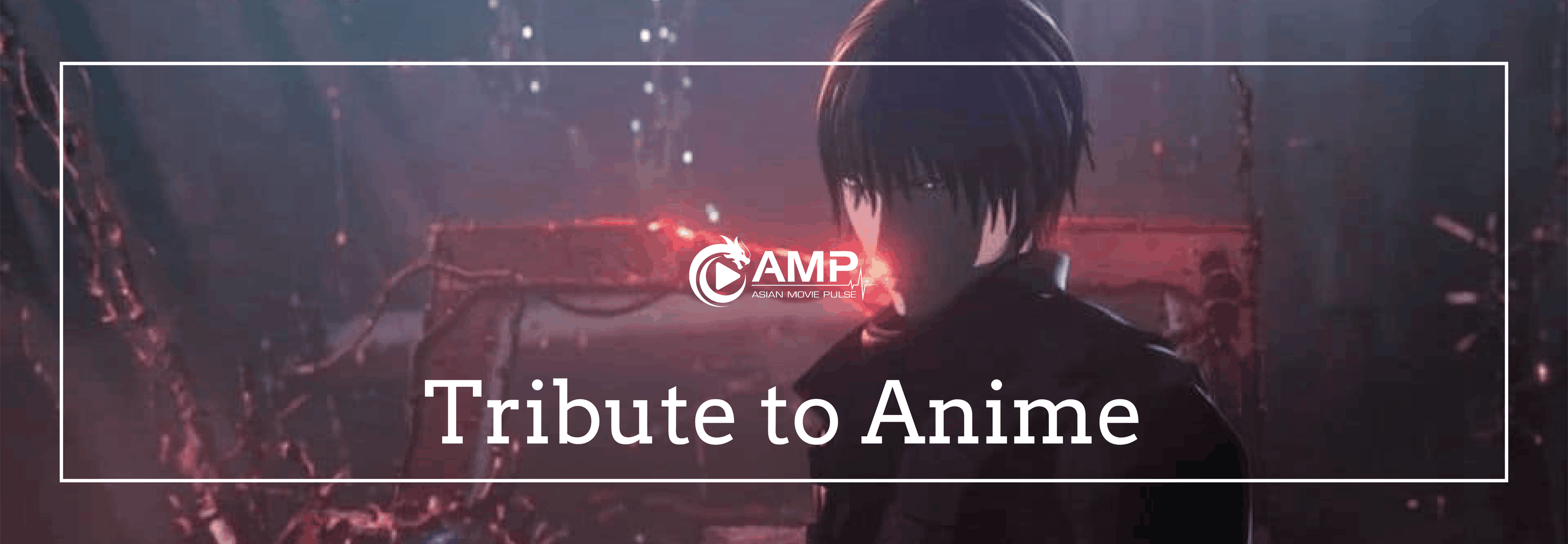
In that fashion, Shinji emerges as the central figure in the story, but the focus and the analysis of the rest of the characters is also rather deep, moving much beyond their interactions with him, while eventually, the issues they all face seem to derive from their traumatic parental circumstances, in the element that actually connects them in the most ingenious fashion. In that regard, Misato, chief operations officer at NERV and the one in charge of the teenager-pilots, seems to long to be a mother, eventually taking them in her house and in general, acting as one in her interactions with them, while her relationship with Ryoji, a shadowy character who works as the chief inspection officer for NERV, is both Oedipean but also highlights the fact that she is still a little girl inside, since she never managed to experience her own childhood.
Ritsuko, NERV's head scientist, also suffered from her relationship with her mother, watching her self-destructing due to her relationship to a man, with her eventually making the exact same mistake. Gendo Ikari is another, rather interesting persona, who seems to be utterly cold towards his son but full of empathy for Rei, in an attitude that confuses and enervates his son, but his reasons are eventually revealed as completely different than what they seemed to be in the beginning, as he emerges as another broken man, who, despite his calculative, facts and goals-only attitude, never managed to recover from his wife's death. Asuka, who becomes the third EVA pilot, is probably the most captivatingly faulty persona in the series, as she thrives when she is at the top, but cannot handle any other possibility. Her feelings for Shinji, which she never admits neither to herself, and her girl-crush to Ryoji, intensify her instability, which, once more, derives from family issues that has led her into a constant need of being acknowledged and loved. In psychological terms, her downward spiral is probably the most intriguing aspect of the whole series.
Rei on the other hand, is rather different from the rest of the pilots, almost constantly acting in restraint, while her inexplicable maturity makes her appear as the wisest of all, on occasion. Her relationship with the commander, and eventually with Shinji and Asuka is also very interesting, particularly due to how different it is from everyone else's.
The decline of everyone's psychology, to the point of a complete meltdown, is another very interesting element, as the protagonists see their life and work, which eventually become one and the same, crumbling around them. That their psychology mirrors the action is another ingenious element in the anime, with the mecha fights becoming more and more brutal, to the point of appalling, after a fashion, in an element that was hinted at in the first episode, but materialized much later on. The animation by Gainax and Tatsunoko Production finds its apogee in this aspect, in an overall great technical job, that also benefits the most by Yoshiyuki Sadamoto's character design and the job done at the sound. Also worth mentioning is the opening song, “A Cruel Angel Thesis”, which has become as iconic as the whole series.

Through all the aforementioned narrative elements, Anno essentially deconstructs the whole mecha genre, by showing what would probably happen if teenagers were forced to operate killing machines, through a coming-of-age element that goes as deep as showing the repercussions of one menstruating just before a mission.
Add to all that comments about multinational companies and their relations with governments, eugenics, the intense biblical references that eventually extend to Shinto and Kabbalah, and you have a series whose analysis could easily take up a book. Granted, Anno lost control almost completely in the last few episodes (rumours about financial issues seem to be real), with the avant-garde, actionless approach faulting the conclusion of the title significantly (which is why he later released “The End of Evangelion” and currently, the Rebuild series of movies). This however, is not enough to ruin the sense of astonishment the series still produces today, even after multiple viewings, in one of the definite anime masterpieces of all time.


